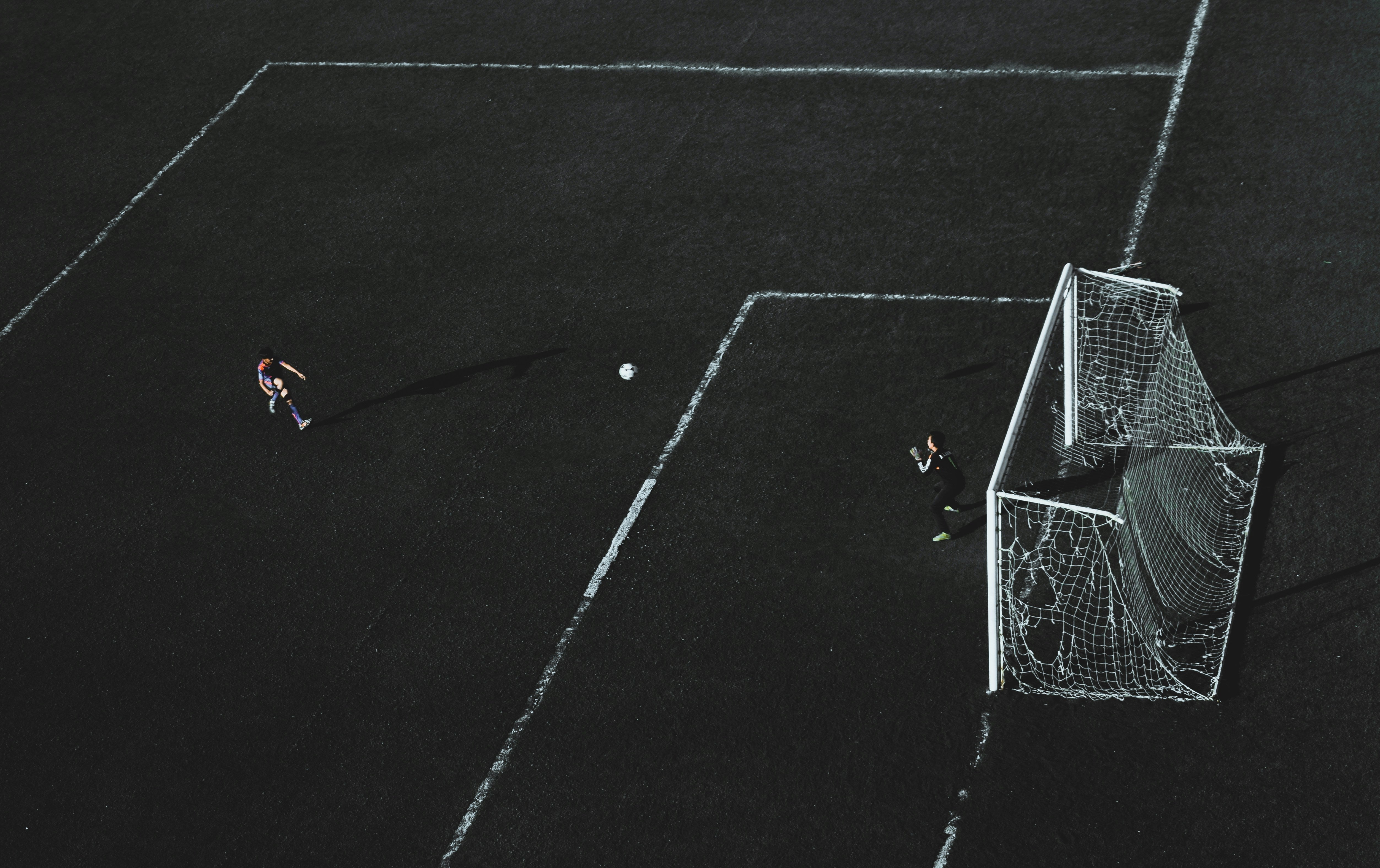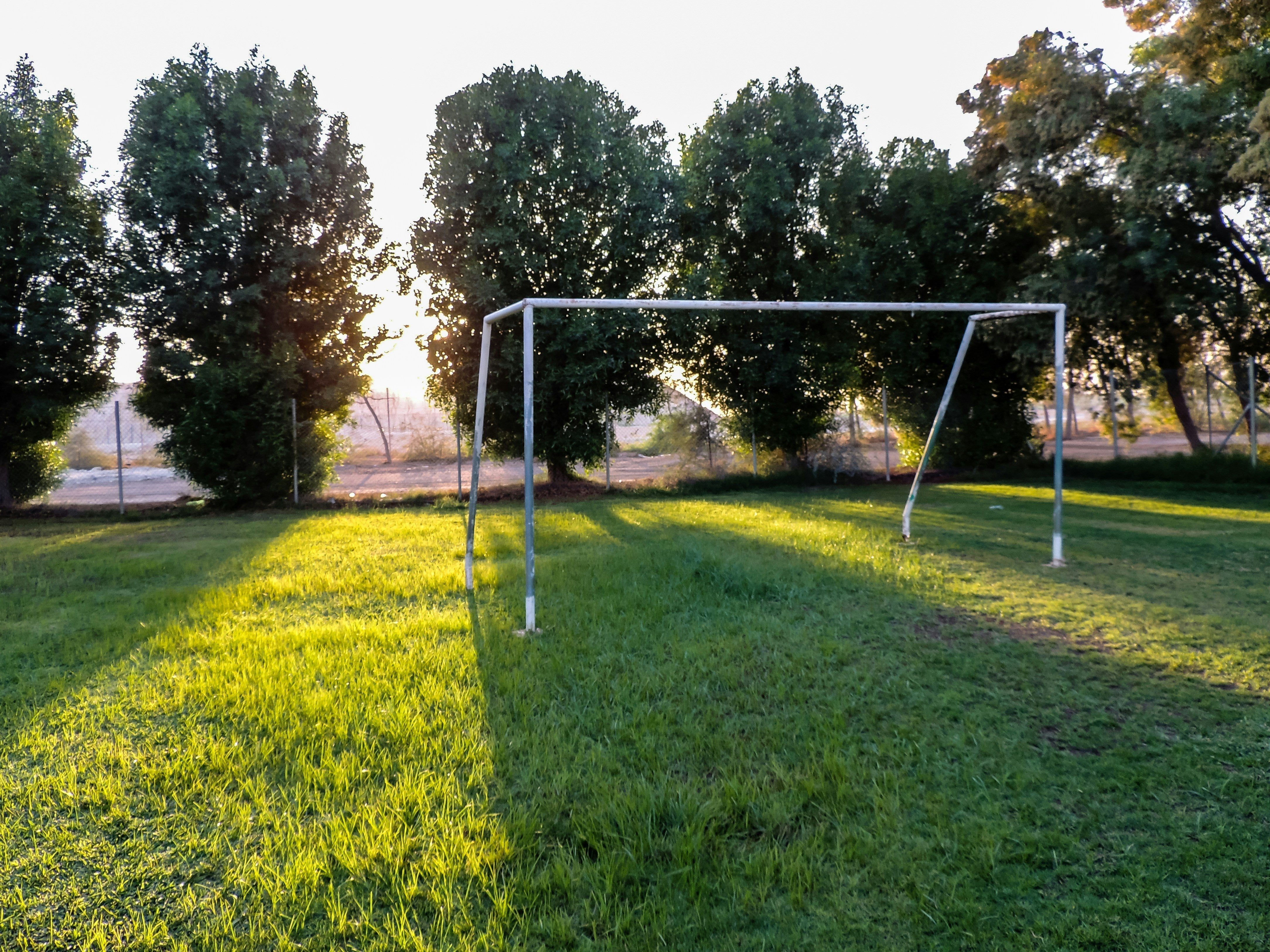
How Many Points Is a Goal Worth in Soccer?
, by Adam Zawati, 3 min reading time

, by Adam Zawati, 3 min reading time
A goal in soccer is worth one point — plain and simple. But why is that the case, and how does soccer scoring actually work? Whether you're new to the sport or helping a kid get started, here's everything you need to know (plus tips for practicing at home).
A goal in soccer is worth one point. That’s it. Every time the ball crosses the goal line and counts as a goal, it adds one point to the team’s score — no extra points for distance, style, or how hard it was.
This might seem overly simple if you’re used to American sports like football or basketball, where a single score can be worth 2, 3, or even 6 points. But that simplicity is part of what makes soccer so easy to follow — and why it's the world’s most popular game.
Soccer scoring is straightforward: 1 goal = 1 point. Games often end with final scores like 1–0, 2–1, or 3–2 — and that’s perfectly normal. There are no complicated calculations or bonus points — each goal is equal, and every goal matters.
Unlike basketball, where points stack up into the hundreds, or American football, where you might get 3 for a field goal or 6 for a touchdown, soccer only counts goals. The scoreboard simply shows how many goals each team has scored.
And yes — games can end in a draw (tie), like 0–0 or 1–1. In regular season matches, that’s often how it ends. In tournaments, ties may go to extra time or penalty shootouts — more on that below.
The reason is rooted in the game’s design. Soccer is a global sport, and its rules are kept intentionally simple: score a goal, earn a point.
This format keeps things fair and easy to understand across cultures, ages, and experience levels.
It also makes goal difference an important stat — especially in leagues and tournaments. If two teams have the same number of wins and losses, the team with more goals scored (and fewer conceded) usually ranks higher.
And if a knockout match ends in a tie after regular time, it might go to penalty kicks — a dramatic shootout that decides the winner, but doesn’t add to the “goals” scored in regulation time.
So no — there's never a situation where one goal is worth more than another. In soccer, every goal is one point, and every point counts.
If you're helping a kid fall in love with the game — or just want to sharpen your finishing — the best way to improve is by practicing with a real frame and net.
A proper goal gives you instant feedback. It helps with accuracy, confidence, and replicating the feel of a real match.
👉 Try our PVC Backyard Goal — lightweight, portable, and perfect for smaller spaces.
👉 Or check out our 12x6 Match Goal — for a more rugged setup that feels like the real deal.
Because no matter your age or level, every great goal starts with a great setup.
Loved this detailed analysis, especially the part about [player/team name]. For more cricket news and match previews,SportDailyNow.com is my go-to source
Always found this fascinating and simple


